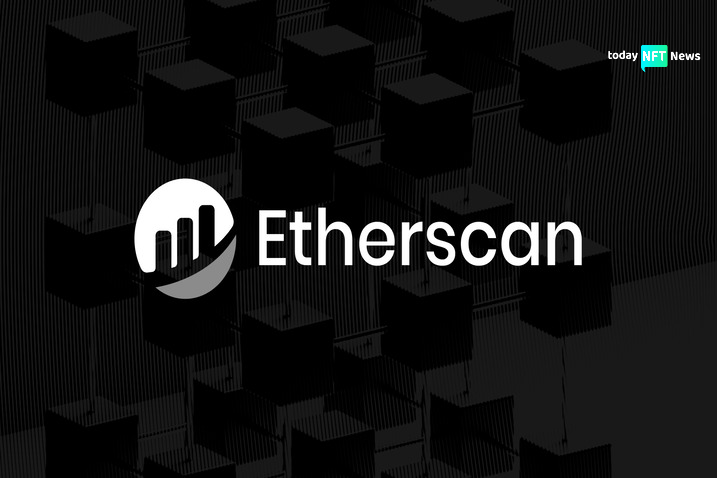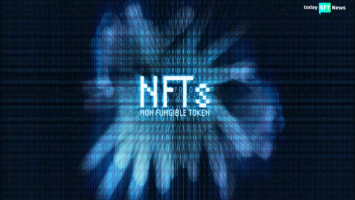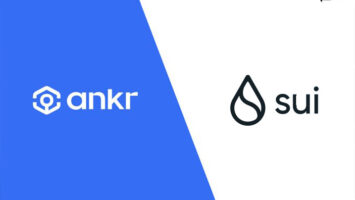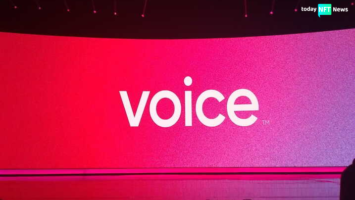SNEAK PEEK
- Etherscan, a prominent blockchain explorer, has launched a beta feature for refreshing NFT metadata, allowing users to update their digital assets.
- This new tool, requiring users to be logged in and limiting access to verified addresses, aims to minimize spam and streamline asset management.
- The capabilities of Etherscan’s feature are under assessment, with comparisons drawn to similar functions on the NFT marketplace OpenSea.
Etherscan, a renowned blockchain explorer, has recently launched a new feature for refreshing NFT metadata, offering users an innovative tool to update their digital assets. This development, currently in its beta phase, requires users to be logged into their Etherscan accounts, and it may take several minutes for the refresh process to complete. The feature allows only “verified addresses” to be connected to user accounts, aiming to reduce the risk of spamming activities.
The exact capabilities of this tool are still being assessed while it’s unclear if users can modify the metadata or if it’s strictly a refresh function similar to the one available on the NFT marketplace OpenSea, the tool’s introduction has sparked user discussions. This could signal a shift in how NFTs are traded, potentially reducing reliance on traditional marketplaces.
Furthermore, this feature marks a significant step in Etherscan’s evolution. Traditionally used for tracking and reading transactions on the Ethereum blockchain, Etherscan has also enabled minting NFTs directly from smart contracts. Introducing this metadata refresh tool could begin the platform’s broader range of services.
Ethereum, the underlying blockchain for Etherscan, continues to innovate despite the ongoing bear market. Noteworthy developments include the successful transition from Proof-of-Work to Proof-of-Stake through The Merge. Additionally, Ethereum has witnessed the rise of Ordinals, where images are inscribed using transaction call data, highlighting a cost-effective method for creating NFTs and meme coins.
Another significant trend on Ethereum has been the surge in the trading volume of Ethereum domain names on OpenSea. These domain names, managed by the Ethereum Name Service (ENS), simplify transactions by providing concise aliases for otherwise complex Ethereum addresses. This surge reflects ENS domain names’ popularity and practicality in the Ethereum ecosystem.
Lastly, an innovative proposal by an Ethereum researcher to incorporate zk-SNARKs technology for anonymizing NFT trades has garnered attention. While Ethereum co-founder Vitalik Buterin praised the idea, he noted the need for a lighter technology to implement it effectively.
Etherscan’s new feature for refreshing NFT metadata is a notable addition to its services, reflecting the platform’s adaptive evolution. Concurrently, Ethereum continues to be a hub of innovation, demonstrating resilience and adaptability in a challenging market environment.









